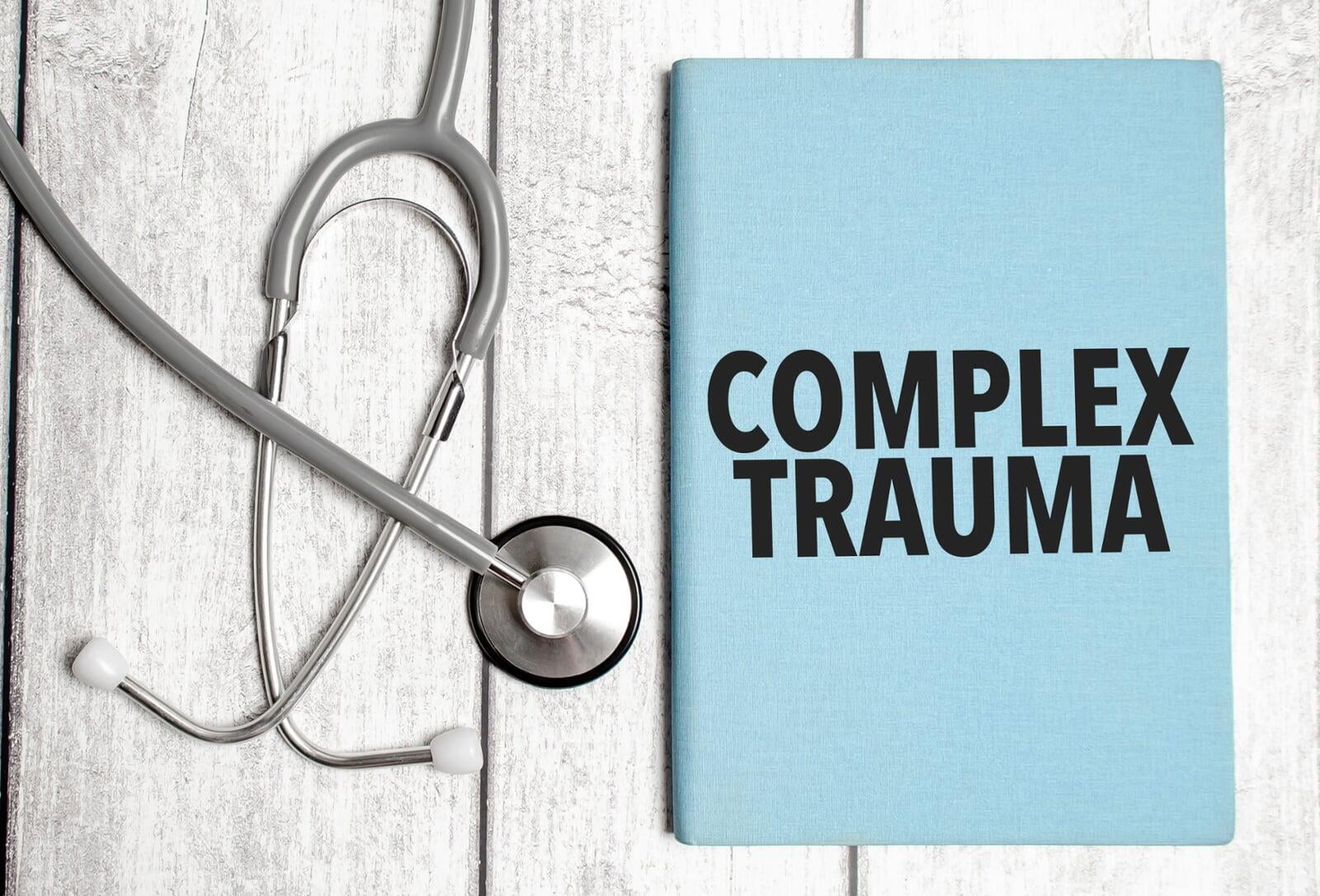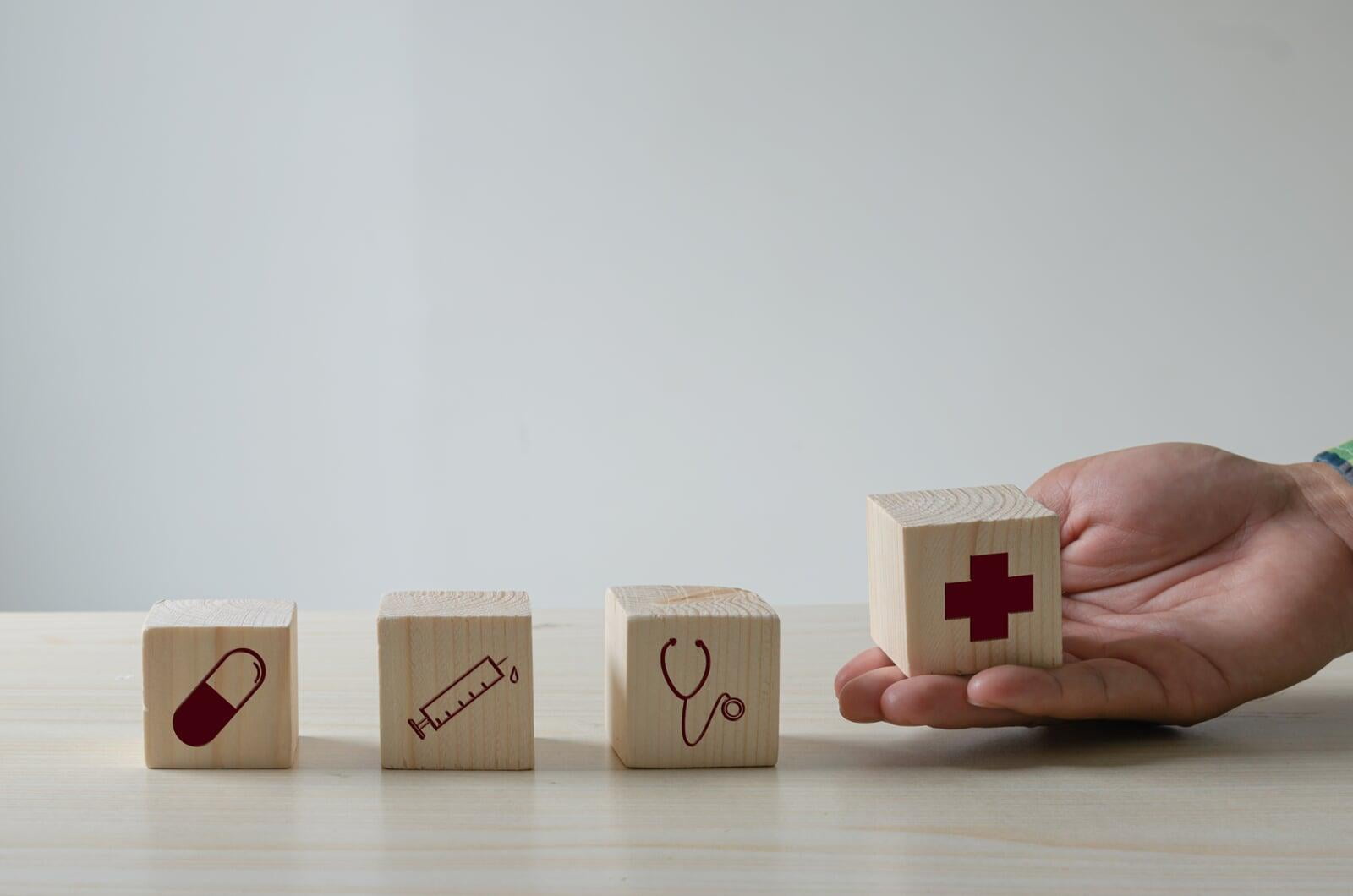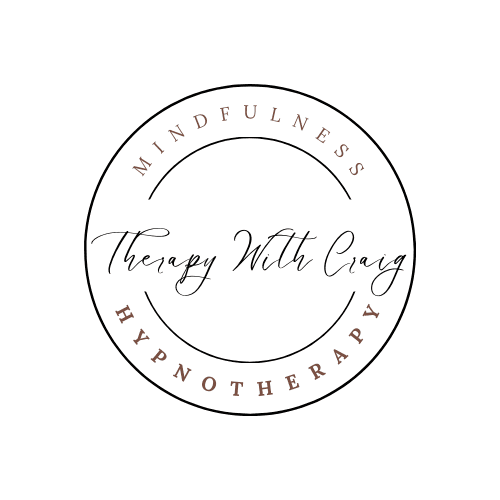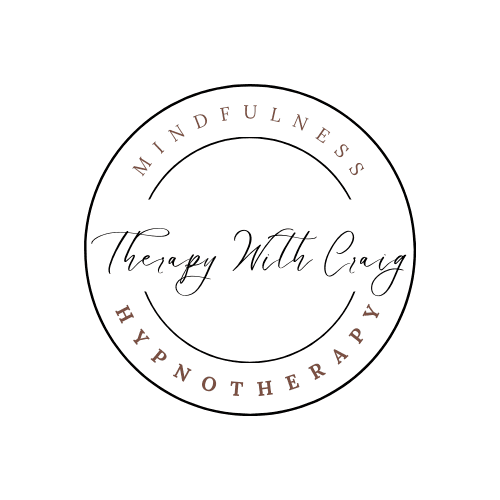
Welcome to Hypnotherapy for Toilet Anxiety And Phobia
Craig Fookes, Clinical Hypnotherapist and Mindfulness Instructor
Learn More about Hypnotherapy For Toilet Anxiety and Phobia
Is Hypnotherapy For Anxiety right for me?
If you're someone who experiences toilet anxiety, you're not alone. This condition affects many people and can have a significant impact on daily life. Hypnotherapy is a treatment option that has gained popularity for its ability to help individuals manage anxiety and other conditions. But, is hypnotherapy for toilet anxiety right for you?
Firstly, it's important to understand what toilet anxiety is. It's a condition where an individual feels anxious or uncomfortable using public restrooms, or even private ones when others are present. This anxiety can lead to physical symptoms such as sweating, palpitations, and even panic attacks.
Hypnotherapy is a form of therapy that uses guided relaxation, focused attention, and suggestion to create a heightened state of awareness that can help individuals to change their thoughts, behaviors, and emotions. Hypnotherapy can help with many different conditions, including anxiety, depression, phobias, and addictions.
For toilet anxiety, hypnotherapy can be a highly effective treatment option. Hypnotherapy can help to reframe negative thoughts and associations related to using public restrooms, reducing anxiety and discomfort. It can also help to increase confidence and self-esteem, enabling individuals to feel more comfortable and at ease when using public facilities.
It's important to note that hypnotherapy is not a one-size-fits-all solution. Everyone is unique, and what works for one person may not work for another. Therefore, your sessions will be entirely focussed on you and your specific experiences and objectives.
In conclusion, hypnotherapy for toilet anxiety can be an effective treatment option for those struggling with this condition. If you're considering hypnotherapy, it's important to speak with a qualified professional who can assess your individual needs and create a personalized treatment plan to help you overcome your anxiety and discomfort.
What is Anxiety?
Feeling Anxious is a complex emotion that can be described as a feeling of apprehension or fear about the future, often accompanied by physical symptoms such as increased heart rate, sweating, and muscle tension.
In the context of psychology, anxiousness and some anxiety, is considered a normal and adaptive response to stress or danger, but when it becomes chronic or excessive, it can interfere with daily life.
The brain structures involved in anxiety include the amygdala, which is responsible for processing emotions, particularly fear, and the prefrontal cortex, which is involved in decision-making and regulating emotional responses. The amygdala plays a crucial role in the fear response by triggering the release of stress hormones, such as cortisol and adrenaline, and activating the sympathetic nervous system, which leads to physical symptoms of anxiety.
The nervous system also plays a key role in anxiety, with the sympathetic nervous system responsible for the "fight or flight" response, and the parasympathetic nervous system responsible for calming the body down after a stressful event. In individuals with anxiety disorders, the sympathetic nervous system may become overactive, leading to chronic stress and heightened anxiety symptoms.
Overall, anxiety is a complex emotion that involves a range of psychological, brain, and nervous system factors. Understanding these factors can help individuals with anxiety develop effective coping strategies and treatment approaches.
What Causes Toilet Anxiety and Phobia?
Toilet anxiety, also known as paruresis or shy bladder syndrome, is a condition that affects individuals who have difficulty urinating in the presence of others. This anxiety can be so severe that it leads to avoiding public facilities altogether or only using them when they are empty.
The exact causes of toilet anxiety are not fully understood, but there are several factors that are believed to contribute to this condition.
Psychological factors: Anxiety and stress are the most common psychological factors that contribute to toilet anxiety. These feelings can arise from a variety of situations, such as using public facilties, being in a hurry, or feeling self-conscious in social situations. In some cases, individuals with a history of traumatic experiences or social anxiety disorder may also experience toilet anxiety.
Social factors: Social factors such as cultural norms and societal pressures can also contribute to toilet anxiety. For example, many cultures consider urination and defecation to be private functions and may stigmatize those who do not conform to these norms.
Physical factors: Certain physical conditions such as urinary tract infections, prostate problems, or side effects from medication can also contribute to toilet anxiety.
Behavioral factors: Certain behaviors such as avoiding public restrooms or holding in urine for long periods of time can worsen toilet anxiety over time. This can lead to physical discomfort and even damage to the urinary system.
It's important to note that toilet anxiety can vary in severity and can impact individuals in different ways. While some may only experience mild discomfort, others may avoid using public facilities altogether, leading to social isolation and potential health risks.
Read More About Hypnotherapy For Toilet Anxiety Below
Or if you would like to get in touch, please click the button to contact us
Hypnotherapy provided in a comfortable, inviting, and homely setting in Colchester, Essex
Learn More about Hypnotherapy For Toilet Anxiety and Phobia
It is perfectly understandable to have some level of apprehension about doing anything new, for the first time, or something that you don't feel confident or initially comfortable doing. This is a natural response to new things and it's part of the brain's defence "mechanisms" to make sure that you are concentrating, alert, and focused.
Imagine if we all felt perfectly at-ease and relaxed in new situations? What would job interviews, first dates, work presentations look like? This level of anxiousness is an important part of life as it helps us to focus and give the necessary attention to very important things that are going on in our lives.
However...
Social anxiety is a type of anxiety characterised by intense fear, nervousness, and discomfort in social situations.
Individuals with social anxiety may experience anxiety and self-consciousness in social situations, such as public speaking, meeting new people, or participating in group activities. They may fear being judged or embarrassed in front of others, and may avoid social situations or endure them with significant distress.
Social anxiety can interfere with daily activities, relationships, and quality of life.
Read more about the types of thoughts that people have in the section on intrusive thoughts below...
For anyone that experiences or has experienced a panic attack, you have my greatest sympathy.
When I think back to my own personal experiences of them in the past, I can easily recall how physically debilitating, painful, and truly terrifying they can be. Also, that there always seemed to be a period of recovery time afterwards when I felt fatigued, "brain-foggy", and emotionally depleted.
I wonder if that might resonate with you?
Think of it this way...
I believe that for anyone that experiences anxiety, sometimes it is necessary to "push-through" and continue living your life on a day-to-day basis. However... We can ignore our anxiety and continue to push-through when we shouldn't. Our brain is trying to communicate something to us about the situation we find ourselves in and "it" (our brain's) believes that we are in immediate danger of some sort - whether it is true or not, it really doesn't matter!
Our subconscious mind instructs our body to start to freeze and we get the feeling of shutting down.
Hypnotherapy for anxiety and panic attacks can help your mind to unlearn the whatever it is that is causing this situation to arise in the first place.
Related Hypnotherapy Topics...

Hypnotherapy for PTSD And Trauma
Learn more by Clicking The Button Below

Hypnotherapy For Health Anxiety
Learn more by Clicking The Button Below

Get In Touch Today to discuss Hypnotherapy for Anxiety
If you are ready to have an initial chat about how working together and a course of hypnotherapy sessions for anxiety might help you, then please do get in touch via the button below

